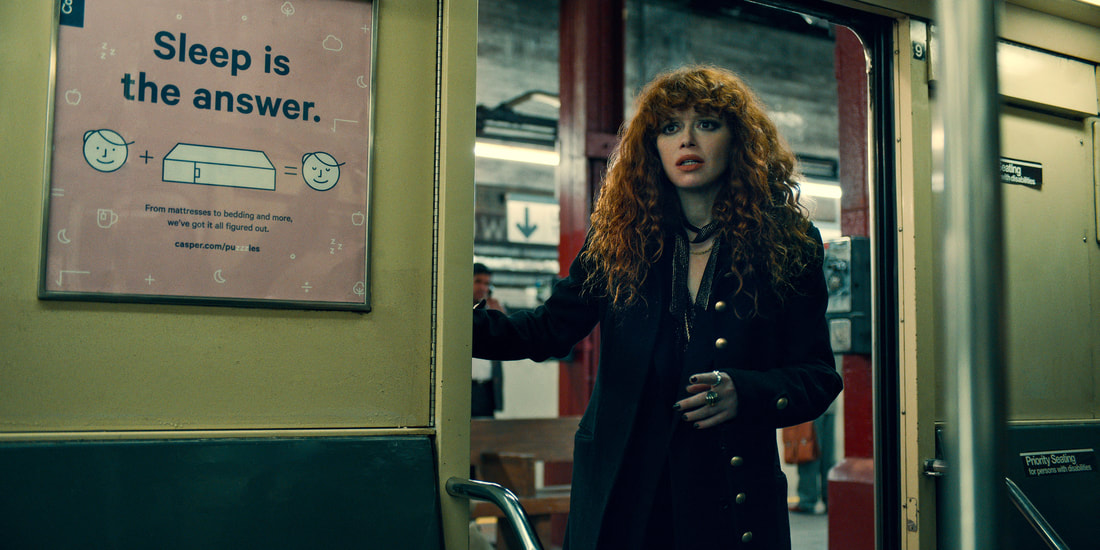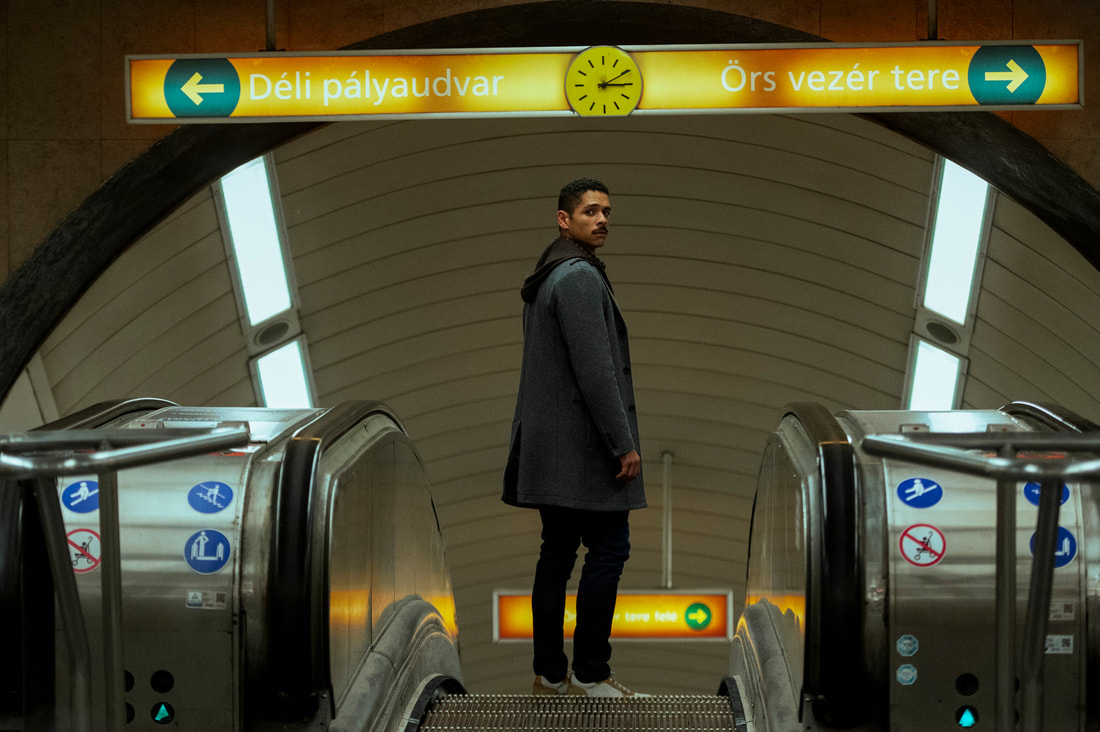|
Review by Tatiana Miranda The first season of the Emmy-winning Netflix series Russian Doll takes a unique approach to a Groundhog Day-inspired story. Natasha Lyonne’s character, Nadia, is stuck reliving her 36th birthday repeatedly due to her selfish actions and untimely death. The eight episodes conclude with a seemingly happy ending as Nadia and her partner-in-crime Alan return to the linear timeline they’re familiar with, both changed and coming to terms with what they’ve learned during the experience. The second season features the same beloved characters but adheres to the sci-fi genre in a different aspect than the first season did. Instead of suffering from a day of do-overs, Nadia and Alan must unravel their familial history through time travel. The season takes a unique and clever adaption of the New York subway system to portray time travel, which follows the series’ previous development of Manhattan that doesn’t reduce the city to landmarks. These new aspects of Russian Doll’s sci-fi antics are entertaining and work to develop the main characters’ past. Through time-traveling, the concept of mortality and fate, as well as generational trauma, come into play. These ideas had previously been explored in the first season but got more of a voice here. With so many stories about generational issues and immigrated families being released, Russian Doll follows suit and expands on the qualms Nadia exhibited with her late mother during the first season. Season 2 heavily leans into Nadia’s past and her wish to change it; her selfishness, which she had seemed to change in the first season, returns in full force. And it’s not just Nadia’s character development that gets trashed, but so does Alan’s, as he is still the soft-spoken, anxiety-ridden character from the beginning of the first season. This is especially shocking as several years have transpired between seasons, yet both characters have returned to their previous ways, almost as if they had been stuck in time between the two seasons.
While season 2 attempts to give some more development to Alan’s character and backstory, it falls flat compared to Nadia’s. It reduces him to a secondary character going through the same experience as Nadia but is really only there to help her through it. This is unlike the first season, where they are meant to help each other. The reasoning of the metaphysical is also unclear as the universe’s abnormal actions of the first season are clearly lined out to have Alan and Nadia save each other from their untimely death. Although the aspect of time-traveling is a great device to grow Nadia’s character, it isn’t much more than that. Season 2 of Russian Doll is an entertaining addition to the series, although it ends with more questions than answers. While the first season reveled in its simplicity regarding the unusual, the second attempts to expand on the backstories already shown. Although season 2 of Russian Doll has its moments of hilarity, it is ultimately an unneeded sequel to what was a perfect miniseries. Russian Doll season 2 streams on Netflix on April 20th. All seven episodes reviewed. Rating: 4/5
0 Comments
Leave a Reply. |
Archives
July 2024
Authors
All
|
|
|
disappointment media
Dedicated to unique and diverse perspectives on cinema! |


